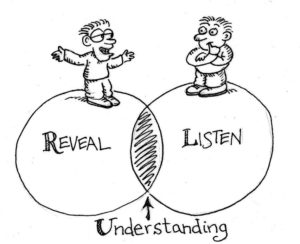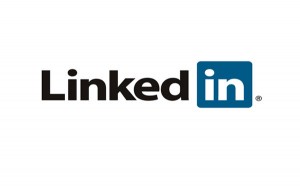Predictions, opportunities, dilemmas, hopes, wishes, I’m not sure what we should call this, but I’ve got some ideas floating around about what happens next in our little recruiting world. Most predictions are worthless. I love to consider myself a futurist in our industry, but after doing this for so many years, I don’t think I’ve ever had one prediction actually come true!
So, let’s throw out some ideas for 2024:
- Video Interviews will become a thing! Just kidding, that would have been an amazing prediction ten years ago. I do think video interviewing technology has another life as we move forward with AI advances. Imagine being able to take a long-form video screen or interview and have AI cut you a highlight real, instantly, to send to a hiring manager. Some will say that this tech can do this now, but it’s not quite right. I want a video screen solution that takes every candidate and breaks down that 10-20 minutes of video screens and gives me their best 90-second commercial on why we should move them forward. Hiring managers will only see this. No application. No resume. Just the candidate commercials.
- AI that constantly follows up with candidates and hiring managers. When I look back at the top recruiters in my life, the one trait that stands out with all of these people is their ability to follow up better than anyone else on both sides of the recruiting equation. AI can now do this or even act as our assistant to do this activity, but it’s not yet built out to make it that useful. I need the AI to sound and act like me. To follow up in a cadence that is like a real human. To push both sides in a way that seems urgent, and human, and brings me into the loop when it senses a real human touch or voice is needed to get it to the next level.
- We all know there are now AI application bots candidates are using that help candidates apply to hundreds of jobs at a time. Everyone in the industry sees this as bad because candidates don’t even know what they are applying to. The reality is that ATSs and matching technology will advance to understand these applications are coming from AI and recruiting will use its own AI to combat this. So, we end up with competing AIs. Sounds awful for all involved. What’s the solution? I think it will be “our” AI (recruiters) will be better in determining which AI applications might be a real fit and then do the reach out to the candidate to invite them to “really” apply in another method to check for interest and true match. I’m hopeful our AI wins!
- “Real” human contact becomes a recruiting luxury. Most organizations will go full automation and I back that and understand that. There’s too much to gain by going full automation. However, some organizations will understand that while the crowd goes down one path, it might be best for their brand and organization to go down another. Maybe the way to separate yourself from the pack, in the future will simply be to be more human to your candidates. To give them real people to talk to. Talent acquisition has always been about trust and relationships. The future of TA is definitely more automation in the right places of your process, but it’s also about being more human in the right places within your process.
- Remote work is not the answer for most people. Frankly, most workers won’t have the option because their work can never be remote. Also, in 2024, GenZ will overtake Boomers for the first time as a larger percentage of the workforce. We have an epidemic of loneliness in the world. Having people work by themselves most of the day does not help this. Having young people do this is disastrous to our social makeup of society. I’m not saying you don’t offer up flexibility. Young people still want that. But don’t think just because you want to be remote as a Millennial or GenX, that’s the right decision for your entire organization. Humans are social animals. We have been since the beginning of mankind. Pushing everyone to remote work isn’t evolution; it’s just bad for society. Treat them like adults, be flexible, and be robust in building culture.
- Come see me at SHRM Talent in Las Vegas on April 14-17th. I’ll be keynoting and launching my new book, The Talent Fix, Vol. 2. We can talk shop. Be social. Discuss the future of TA. Basically, we can nerd out on all things talent!
What predictions or ideas do you have about the future of Talent for 2024 and beyond?





